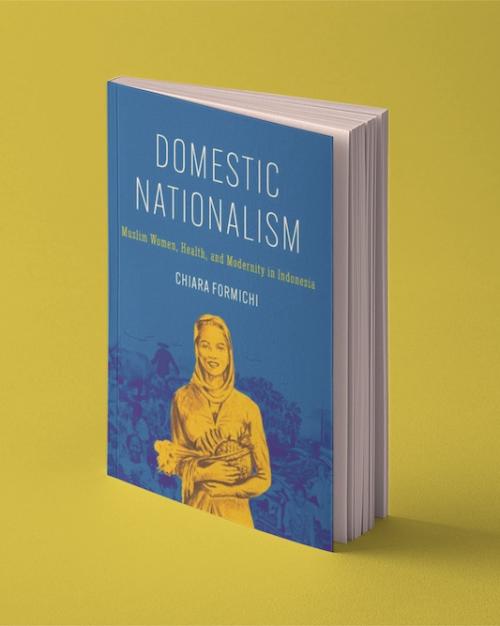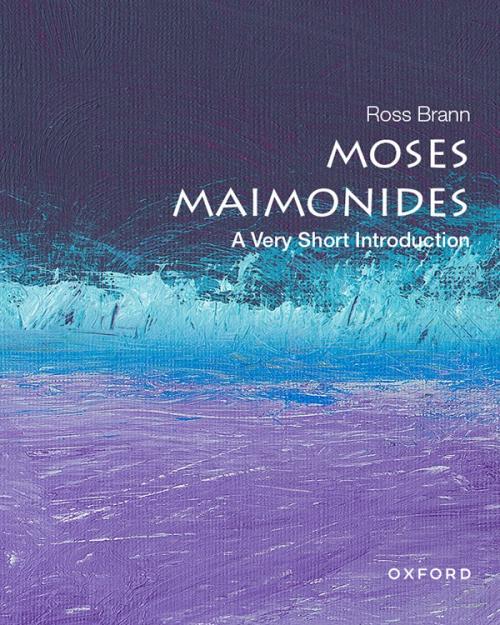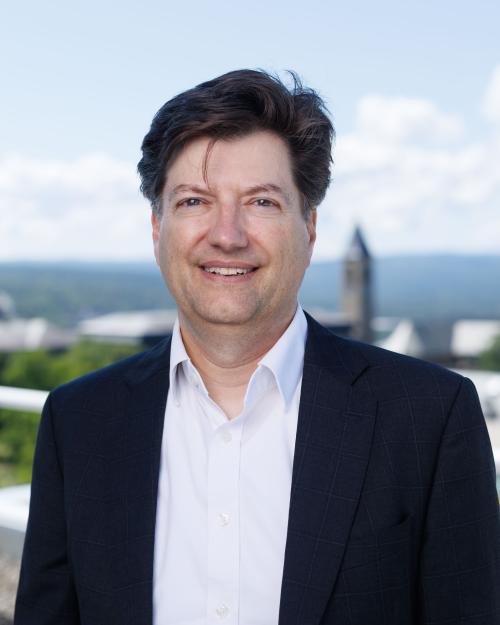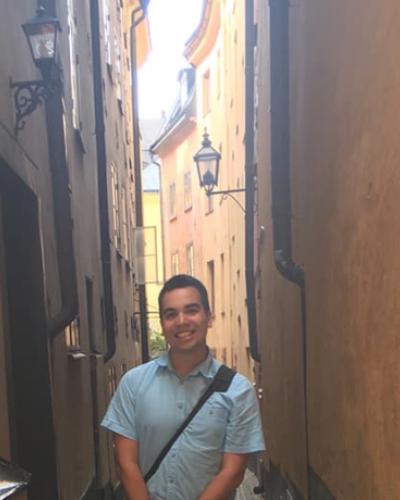Daniel Zimmerman '17, is a senior in the College of Arts & Sciences and a major in the Religious Studies Program.
What do you most enjoy about your Religious Studies coursework?
I think far too much strife in the world is derived from ignorance about religion. Too often, religious thought is mangled by those who wish to push forward a certain agenda. Fanaticism, intolerance, and hypocrisy come under the guise of devout religious practice. In my Religious Studies coursework, I’ve had the opportunity to read foundational religious texts (often in their original language) and to discuss their contexts and purposes. Far more often than not, these texts aim to promote a deeper understanding of underlying truths of the human experience and encourage a state of peace in both the internal spirit and external actions.
What drew you to Religious Studies at Cornell?
I actually started off at Cornell in the Engineering school, and, though they have a great program, I was incredibly unhappy that I might be leashed into a job that was morally-dubious or not intellectually stimulating. As an elective, I signed up for a class on Christian History, and I soon discovered that the Religious Studies courses offered an education that was both intellectually stimulating and morally significant.
How has your Religious Studies major shaped your experience at Cornell, your plans for the future, or the development of your intellectual interests?
Religious Studies has impacted most everything I do. I’ve become more conscious of the ways in which I effect others and others effect me. When I buy clothes, I’m conscious of the religious significance of the labor invested in the article of clothing, and the ways in which a culture over-consumerism disrupts the value of human labor, childhood, and possessions. Similarly, when I buy groceries, I’ve grown attuned to how the production, transportation, and consumption of food play an essential role across virtually all religious traditions.
What, if any, research projects did you participate in at Cornell?
I’m almost finished with my senior honors thesis concerning the final line in the Gospel of Thomas—a gnostic gospel. The line introduces the controversial claim that a woman must “make herself male” to enter God’s kingdom. My essay is looking at how this line might have been interpreted by its original audience in the second century CE. It’s given me a new perspective on challenges women encountered in the developing church.
I also had two incredible opportunities to travel abroad during this past summer. Through funds provided by the Weiner Prize for Undergraduate Research on Buddhist Practice, I had a chance to study Zen Buddhism by living in Zen monasteries for three-weeks in the greater Tokyo area. The trip offered an incredibly rare chance to see Buddhist artwork (some that is generally not shown to the public), practice Zen meditation, and eat truly incredible food (this was my favorite part).
Later in the summer, I received a program scholarship from Paideia’s Living Greek in Greece to practice Ancient Greek in the Peloponnese. On the way there, I had an opportunity to tour London and Stockholm (where the photo was taken).
If you were to offer advice to someone thinking about majoring in Religious Studies, what would you say to them?
Do it! Join Religious Studies! I was really scared to switch into Religious Studies, and almost everyone I knew encouraged me to stick with Engineering, but I’m relieved I didn’t. In the humanities, you grow with everything you learn. Each time I would recite a line of Zen poetry, study about a Gnostic belief, or read some Spinoza, I grew as both a student at Cornell and a student of these religious traditions. With a Religious Studies major you hold the tools to dispel ignorance and promote peace.





